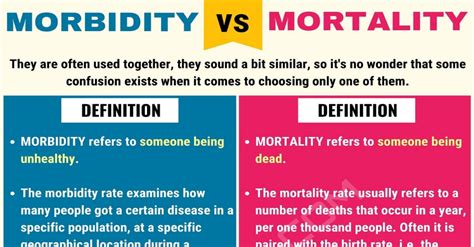Amidst the bustling college campus, where laughter, learning, and youthful exuberance abound, lies an underlying thread that often goes unacknowledged: the contemplation of life and death. While the prospect of mortality may seem daunting, embracing it can be a profound catalyst for personal growth, purpose, and fulfillment.

The Pain Points of Mortality Awareness
Confronting the inevitability of death can trigger a range of emotions, including:
- Anxiety and Fear: The unknown associated with death can evoke anxiety and fear, leaving us questioning our existence and the meaning of our lives.
- Motivation: The realization of mortality can motivate us to live each day to the fullest, pursuing passions and making a meaningful impact.
- Disorientation: The sudden awareness of death’s presence can disrupt our sense of permanence and stability, leading to feelings of disorientation and uncertainty.
- Existential Depression: In some cases, the contemplation of mortality can lead to existential depression, characterized by a sense of hopelessness and meaninglessness.
The Power of Embracing Mortality
Despite its potential to cause discomfort, embracing mortality can have transformative benefits:
- Increased Appreciation of Life: The recognition of our finite time on Earth enhances our appreciation of the present moment, leading us to cherish experiences and relationships more fully.
- Clarity of Priorities: Mortality awareness helps us prioritize what truly matters, shedding light on the activities and people that bring us fulfillment.
- Courage to Take Risks: Knowing that life is fleeting can inspire us to step outside of our comfort zones, embrace new challenges, and pursue our dreams with greater boldness.
- Gratitude and Humility: Recognizing the fragility of life fosters a deep sense of gratitude for the opportunities we have been given, fostering humility and a greater connection to the world around us.
Exploring Purpose in the Face of Mortality
The contemplation of death can serve as a catalyst for discovering our unique purpose in life. By asking questions about our values, passions, and aspirations, we can begin to identify:
- Our Contributions: What impact do we want to make on the world? How can our skills and abilities benefit others?
- Our Legacy: What values and beliefs do we want to pass on to future generations? How will our actions be remembered?
- Our Fulfillment: What brings us joy and gives our life meaning? What activities or endeavors ignite our passion and drive us to become our best selves?
Effective Strategies for Contemplating Mortality
To navigate the challenges and seize the opportunities presented by mortality awareness, consider these effective strategies:
- Mindfulness: Practice living in the present moment, mindful of the ephemeral nature of life.
- Reflection: Engage in regular self-reflection, considering your values, priorities, and purpose.
- Gratitude: Make a list of the things and people you are grateful for, fostering a sense of appreciation for life’s blessings.
- Service: Engage in activities that contribute to the well-being of others, recognizing the interconnectedness of life and death.
- Therapy: Seek professional guidance from a therapist or counselor if the contemplation of mortality triggers overwhelming anxiety or distress.
Frequently Asked Questions (FAQs)
-
How can I overcome the fear of death?
Embrace the fear as a catalyst for growth and focus on the opportunities presented by mortality awareness. -
Does the contemplation of death make life more or less meaningful?
It can enhance the meaningfulness of life by fostering gratitude, clarity, and a sense of urgency. -
Is it possible to find purpose in the face of death?
Yes, by exploring your values, passions, and aspirations, you can identify a purpose that transcends mortality. -
How can I share my mortality awareness with others without triggering anxiety?
Approach conversations with sensitivity and empathy, focusing on the potential benefits of embracing mortality. -
Is it healthy to dwell on the thought of death?
Excessive preoccupation can be detrimental. Balance contemplation with gratitude and engagement in activities that bring purpose and joy. -
What are some practical ways to incorporate mortality awareness into my daily life?
Practice mindfulness, keep a gratitude journal, and engage in meaningful activities that connect you to your values.
Conclusion
The contemplation of life and death is an integral part of the college experience and a powerful tool for personal growth and fulfillment. By embracing our mortality, we can confront our fears, clarify our priorities, and discover a purpose that transcends the boundaries of time. Remember, death is not simply an end but a reminder that life is precious and that every moment is an opportunity to make a lasting impact on the world.
